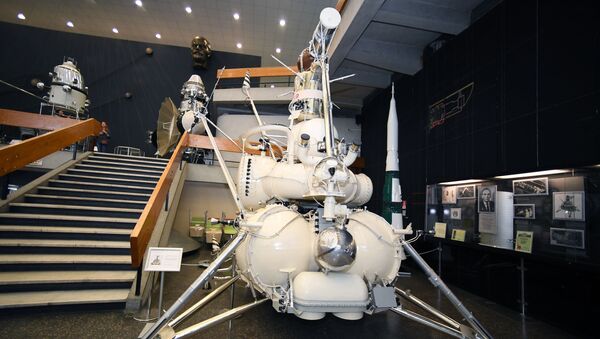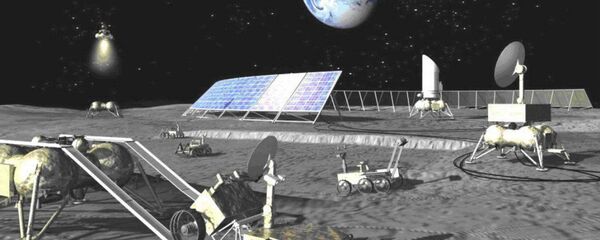Many things were discussed in the Soviet government as it competed with the US to be the first to send samples of the Moon's soil back to Earth in 1969, but, according to newly declassified documents, one of the crucial topics was whether the E-8-5 lunar station would be ready to launch in time.
Transcripts of the discussions between key Soviet space industry engineers and the Minister of General Engineering, Sergey Afanasyev, revealed concerns that the project might fail to meet expections and damage the USSR's reputation. Moscow even considered scrapping the entire project, but was dissuaded by chief engineer Georgy Babakin of the Lavochkin Design Bureau, a firm working on Soviet space-related programmes.
"If the Americans [with their Apollo 11] land on the Moon on 17 June and send us over the soil samples, should they manage to collect them […] what would happen then? What would happen if the launch [of the E-8-5 station] will be unsuccessful? […] If it turns out that the machine successfully landed but started gathering Moon atmosphere instead of soil, it would be an embarrassment!", Afanasyev argued.
Babakin later convinced the minister that the USSR should proceed with the launch anyway and that it would not matter if the USSR received the soil samples later than the US, the transcripts indicate. The engineer reminded Afanasyev that the USSR had chosen a different path in terms of Moon exploration – via the use of automated machinery instead of the manned flights.
The Soviet minister's fears came true as the Proton-K rocket failed to send the E-8-5 station to the Moon because of a booster failure on 14 June 1969. The launch of the next lunar station, Luna-15 (Moon-15), was successful, but the lander crashed on the Moon. This happened just as the first American astronauts were visiting the Moon, successfully collecting and bringing home more than 20 kilogrammes of soil from Earth's natural satellite. Over the next six years, the USSR sent out three more lunar stations, which were successful in their mission of bringing soil samples back to Earth without the use of astronauts.






